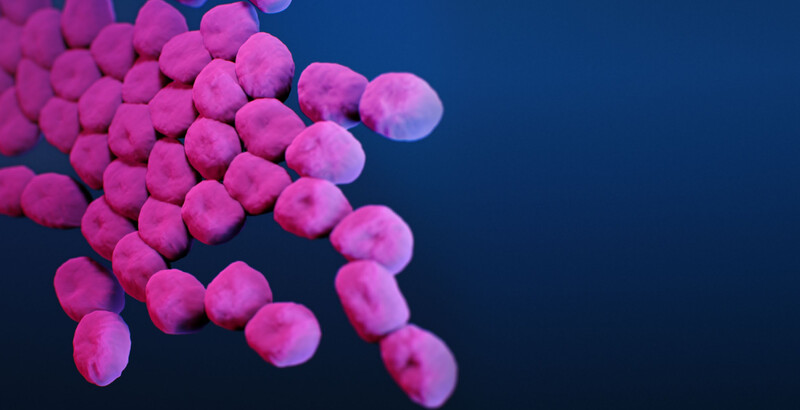The problem: Bacteria can naturally develop antibiotic resistance, but it’s thought that a spike in these strains is caused by overuse of antibiotics, as well as misuse by patients (who don’t take their full course, giving germs a chance to develop an immunity). One type is GRAM-negative bacteria, which develop an outer shell that protects them from drugs and our immune systems.
The solution: A team of researchers was able to show that a new class of antibiotics was able to prevent carbapenem-resistant acinetobacter baumannii (or CRAB) from transporting the material that makes up its shell to the outer membrane, killing it. CRAB causes fatal infections, most often in hospitals and nursing homes, and is one of the three drug-resistant bacteria that most worry the WHO.
The effectiveness has only been shown in lab mice thus far, and only against CRAB specifically. But now that researchers know that hindering a bacteria’s ability to transport material can end its protection, they are hopeful they can take down other antibiotic-resistant strains with a similar approach.
